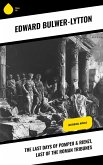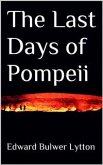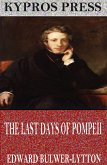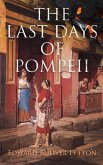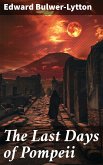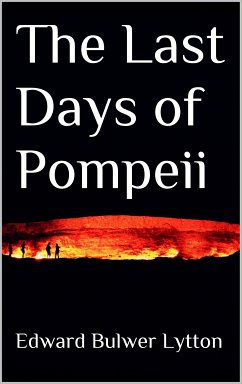In "The Last Days of Pompeii" by the British writer Bulwer-Lytton, the great eruption of Vesuvius in AD 79 is not the central theme but serves as the backdrop and climax of a work that deals with people and their relationships on the eve of the unexpected tragedy. Written in the 19th century in the romantic style, "The Last Days of Pompeii" offers a rich historical depiction, showcasing dietary habits, clothing, and more complex cultural aspects such as the diversity of people and customs in the city, and the conflicts between Greco-Roman religious beliefs and early Christianity. With characters shrouded in mystery, experiencing the impulses of love and heroism, it is a delightful read that captivates the reader.
Dieser Download kann aus rechtlichen Gründen nur mit Rechnungsadresse in A, B, BG, CY, CZ, D, DK, EW, E, FIN, F, GR, H, IRL, I, LT, L, LR, M, NL, PL, P, R, S, SLO, SK ausgeliefert werden.



